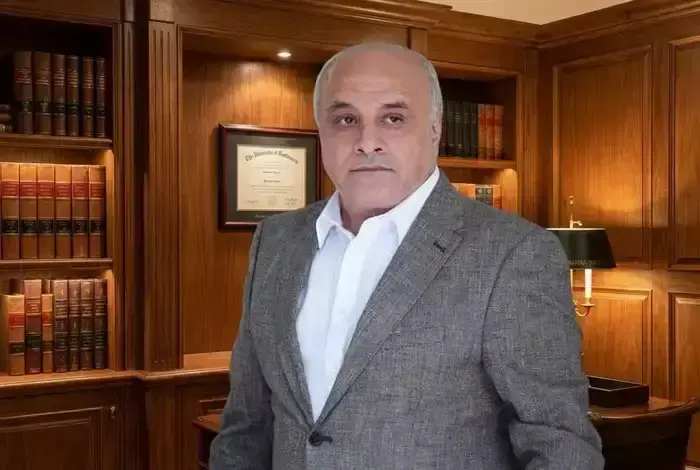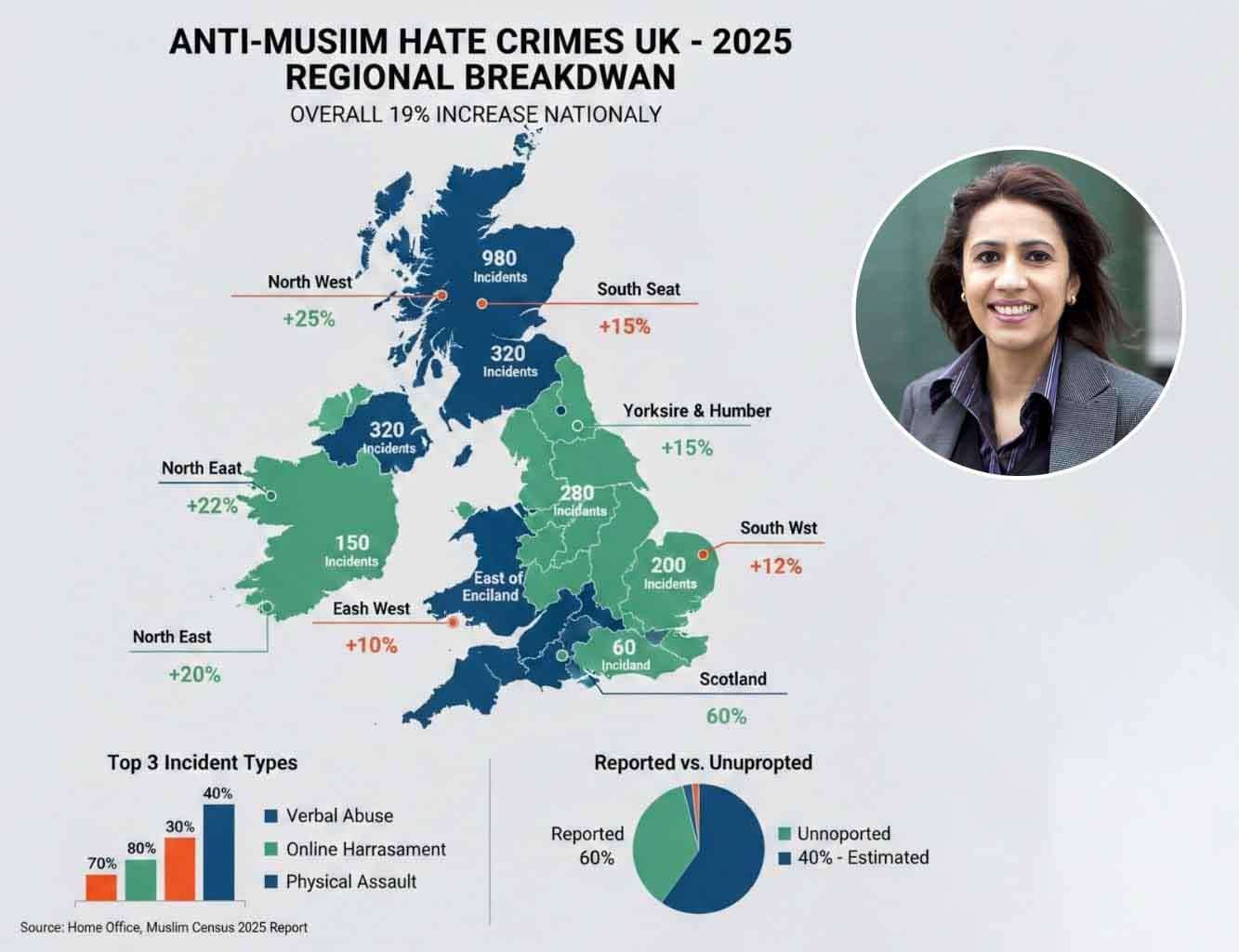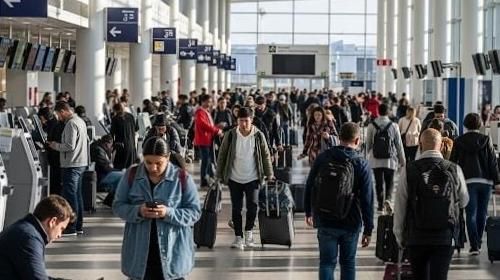A new era of river crossings in London has brought with it a wave of fines, catching thousands of drivers off guard. In the first three months of the new toll charges for the Blackwall and Silvertown Tunnels, over 277,000 penalty charge notices (PCNs) were issued, with more than 28,000 of them hitting drivers in Kent. However, a deeper dive into the data reveals that the financial burden extends far beyond Kent, affecting motorists in boroughs and counties surrounding the capital.
Who is affected?
While Kent has borne the brunt of the initial fines, drivers from several other areas have also been significantly impacted. According to data obtained from Transport for London (TfL), a substantial number of PCNs have been issued to vehicle owners registered in Essex, Surrey, and Hertfordshire, as well as the London boroughs that don't qualify for the 50% discount. The sheer volume of fines highlights a widespread lack of awareness about the new charges and their payment deadlines.
The toll, which now applies to both the historic Blackwall Tunnel and the new £2.2 billion Silvertown Tunnel, came into effect on April 7. The standard fee for a car is £4 each way, with a discounted rate of £1.50 available during off-peak hours and weekends for those who use Auto Pay. The steep fines—a £180 PCN, reduced to £90 if paid within two weeks—are a stark contrast to the century of free passage at the Blackwall Tunnel.
Calls for Fairer Solutions
The fines have sparked outrage among local leaders, with Dartford MP Jim Dickson leading the charge for a fairer system. He argues that residents and businesses in areas like Kent, who heavily rely on these tunnels but have no say in London's mayoral elections, are being unfairly penalized. "I think Kent residents are quite clearly paying into something... for which they're not eligible for the various discounts, which I think is unfair," Mr. Dickson stated.
His calls for concessions for small businesses and charities have been renewed in light of the new data, and he continues to press TfL to extend the discounts beyond the currently eligible 12 East London boroughs and the City of London. Currently, only small businesses in Greenwich, Newham, and Tower Hamlets receive a limited discount.
What Are the Solutions for Drivers?
For thousands of drivers facing fines, the question is not just about fairness but about a practical way forward. Here are the key solutions and advice for navigating the new system and avoiding future penalties:
Sign Up for TfL Auto Pay: This is the most crucial step. TfL Auto Pay automatically deducts the toll from your account, ensuring you never miss a payment and receive a PCN. It also grants access to the lower, off-peak rates, saving drivers money in the long run.
Pay Within the Grace Period: Drivers have until midnight on the third day after their journey to pay the charge online. If you receive a PCN, paying within 14 days will reduce the fine by 50%. This is a significant saving and a simple way to mitigate the financial hit.
Challenge the PCN: If you believe a PCN was issued in error, you have the right to challenge it. TfL considers mitigating circumstances and uses its discretion to cancel fines on one of six grounds. The official TfL website provides a clear process for making a representation.
Stay Informed on Future Crossings: The trend of tolled crossings is set to continue. The government has already approved the Lower Thames Crossing, a privately financed project near Gravesend, which will also use tolls to manage traffic and fund construction. Keeping abreast of these new projects and their associated charges will be essential for drivers in the region.
TfL's Perspective
TfL maintains that the user charges are essential for managing traffic, reducing congestion, and funding the tunnels' operation and maintenance. A spokesperson noted that the income from the charges and enforcement "is used for the operation, maintenance and repayment costs for the tunnels with any surplus reinvested back into the wider public transport network." The organization also highlighted that compliance rates have been high, with 87.7% of drivers paying the charge in June 2025.
Looking Ahead
As London's infrastructure evolves with new crossings and higher tolls, drivers in the surrounding areas are increasingly feeling the financial squeeze. With the Dartford Crossing also seeing a recent price hike, the daily commute for thousands is becoming a costly affair. The onus is now on drivers to adapt to the new system, while local politicians like Jim Dickson continue to lobby for a more equitable solution that acknowledges the vital role that residents and businesses from outside London play in the capital's economy.







_4.jpg)
.svg)



